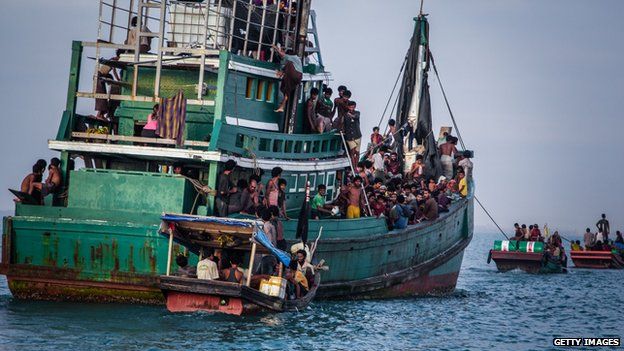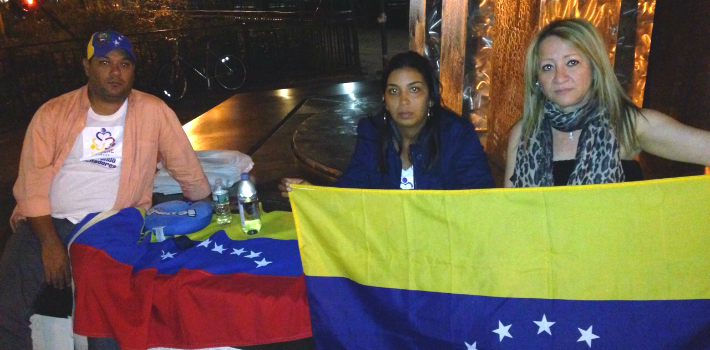NPR’s Melissa Block interviews David Crane, the former prosecutor of the special court for Sierra Leone, about how President Omar al-Bashir was indicted by the ICC for war crimes in Darfur.MELISSA BLOCK, HOST:
As a South African court debated whether to detain a war crime suspect, the man boarded a plane and jetted out of South African airspace. Those who wanted Sudan’s president, Omar al-Bashir arrested are furious. Bashir’s been indicted by the International Criminal Court on charges of crimes against humanity and genocide for atrocities in Darfur. So how did Bashir escape arrest? We’ll put that question to David Crane. He was the chief prosecutor of another African leader who was ultimately convicted of war crimes, Liberia’s Charles Taylor. David Crane, welcome to the program.
DAVID CRANE: It’s good to be with you.
BLOCK: Well, Sudan’s president, Omar al-Bashir, was in South Africa for a meeting of the African Union. South Africa is a party to the International Criminal Court. What happened? How did he manage to slip out of the country without arrest?
CRANE: Well, the South African government, even though they had been notified that a court had directed that he be held pending a hearing related to the ICC indictment, ignored that order and let him flee back to the Sudan.
BLOCK: I believe the South African government, ahead of this meeting, had said that heads of state would have immunity. Is that an unusual thing?
CRANE: Well, what they’re doing here is that they’re trying to gloss over an international warrant for his arrest and basically put everybody on notice that they were not going to hold Bashir despite the court order.
BLOCK: Have you seen other cases like this before where a leader who’s been indicted by the International Criminal Court has been allowed to enter and leave the country without risk of arrest?
CRANE: Other than Bashir, no. And Bashir seems to travel the world flaunting this indictment in the face of the International Criminal Court.
BLOCK: And why is that, do you think?
CRANE: Well, you know, he realizes that his brotherhood, the heads of state of Africa, are going to protect him. He doesn’t feel threatened. He has no respect for the International Criminal Court, and so he doesn’t feel that he is going to be held accountable.
BLOCK: There has been a backlash from other African government officials who say, look, the International Criminal Court is disproportionately targeting African leaders. I was looking at a statement from a South African official who said this is an opportunistic act only meant to pit African leaders against each other in the name of international law. Do they have a point?
CRANE: They really don’t. It’s a political statement. Every case that is before the International Criminal Court related to Africa has either been referred to by the African state that has had the problem or the Security Council has referred it to the International Criminal Court.
BLOCK: Well, when President Bashir got home to Sudan today, there were supporters there at the airport greeting him and some even carrying a coffin that said the ICC to its last resting place. How big a blow do you think this is to the authority of the International Criminal Court?
CRANE: It has to hurt. It sends the wrong signal to dictators and thugs around the world that the ICC may not have the clout, politically, to do anything that it has done related to its mandate of war crimes, crimes against humanity and genocide. This is not a good situation for, you know, international criminal law.
BLOCK: Given that blow to the clout of the International Criminal Court, as you describe it, what would it take to restore the credibility and the power of that body?
CRANE: Well, I think it’s two-sided. One is the International Criminal Court has to continue its work diplomatically and politically in working with the leaders around the world in all state’s parties in ensuring that they are comfortable with working with the International Criminal Court. That’s the state’s parties who have to, in fact, live up to their treaty obligations under international law, and South Africa, today, chose not to do that.
BLOCK: David Crane, thanks for talking with us.
CRANE: My pleasure.
BLOCK: David Crane, former chief prosecutor of the Special Court for Sierra Leone. He now teaches at Syracuse University College of Law.


